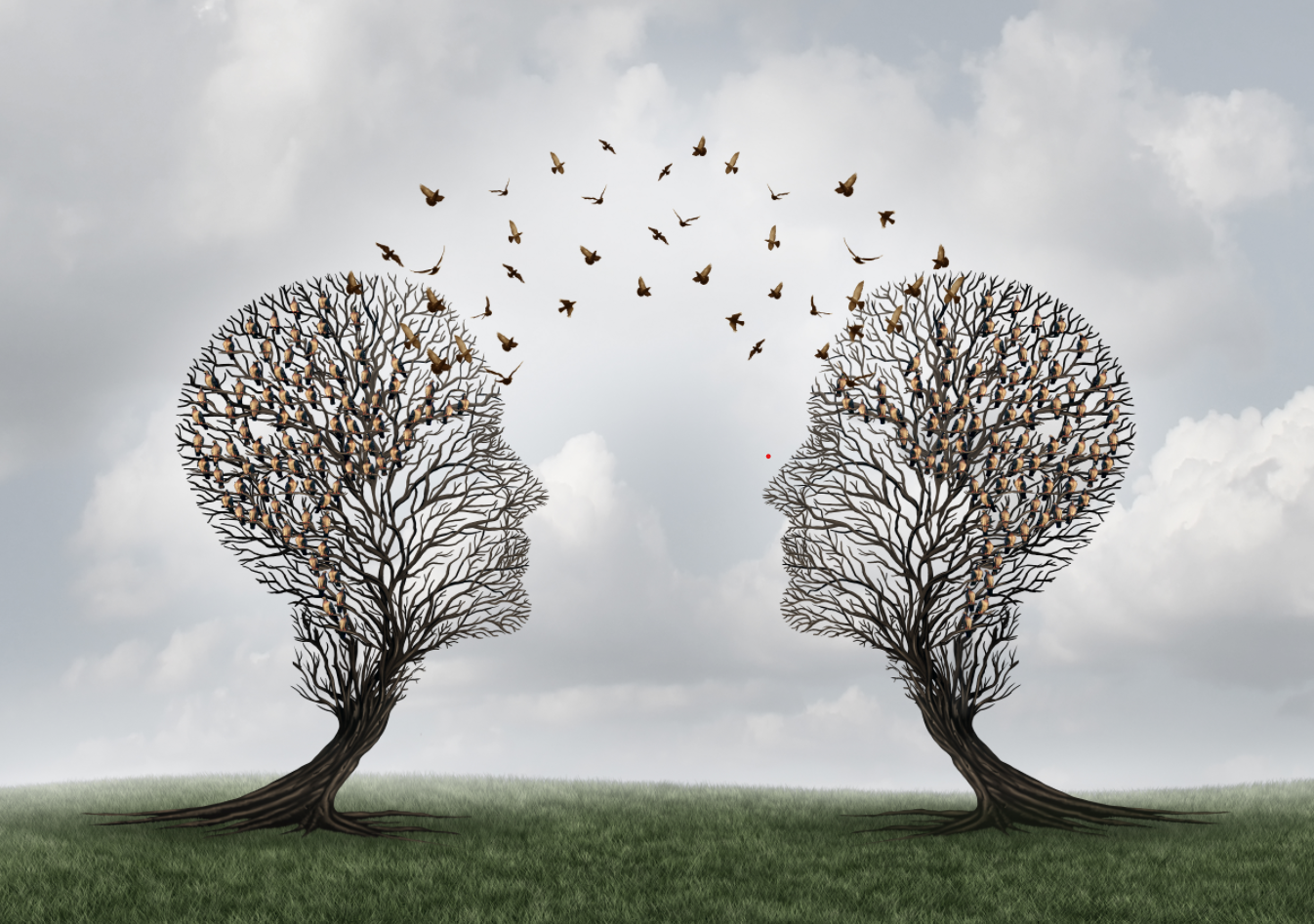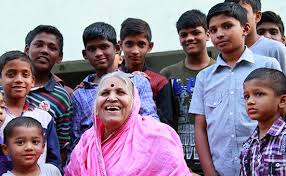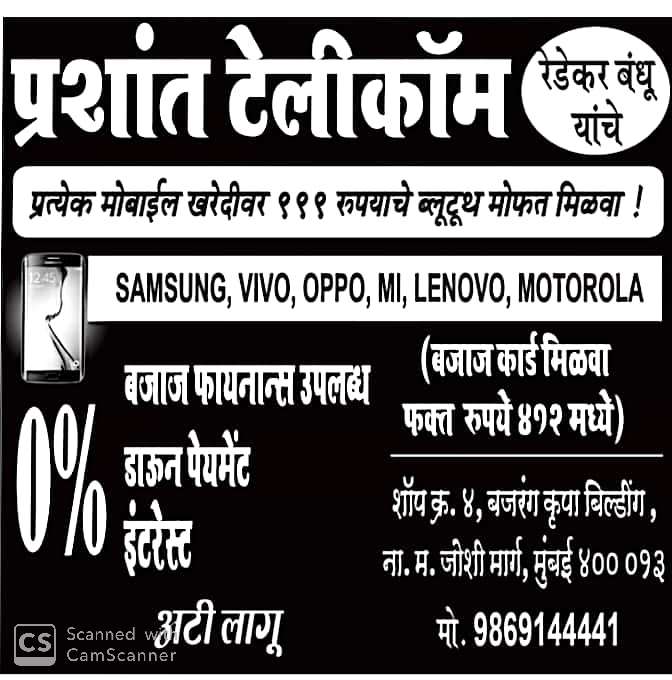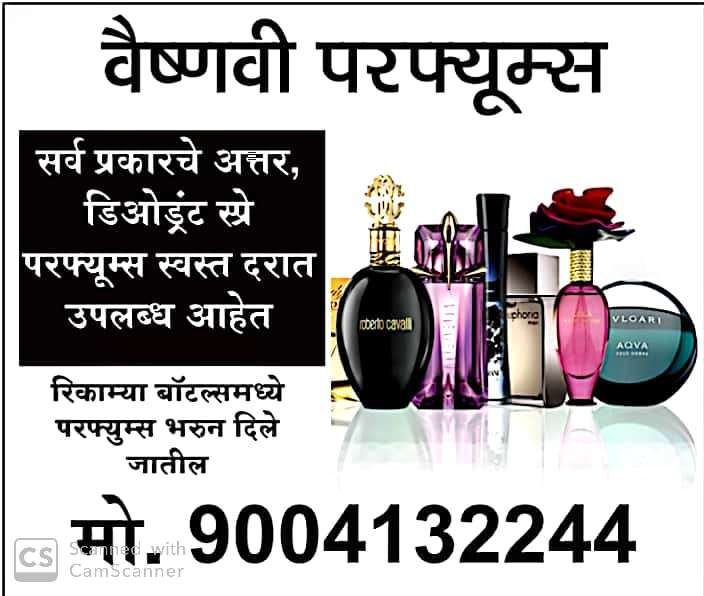
BHAGAVAD GITA Solution to all our problems - DEPRESSION
DEPRESSION
Chapter 2 / Shloka 3
क्लैब्यं मा स्म गमः
पार्थ नैतत्त्वय्युपपद्यते
।
क्षुद्रं हृदयदौर्बल्यं
त्यक्त्वोत्तिष्ठ परन्तप
॥ ३ ॥
klaibyaṁ mā sma
gamaḥ pārtha
naitat tvayy upapadyate
kṣudraṁ hṛdaya-daurbalyaṁ
tyaktvottiṣṭha paran-tapa
Synonyms
klaibyam —
impotence; mā sma —
do not; gamaḥ —
take to; pārtha — O
son of Pṛthā; na —
never; etat —
this; tvayi —
unto you; upapadyate —
is befitting; kṣudram —
petty; hṛdaya —
of the heart; daurbalyam —
weakness; tyaktvā —
giving up; uttiṣṭha —
get up; param-tapa —
O chastiser of the enemies.
Translation
O son of Pṛthā, do not yield to
this degrading impotence. It does not become you. Give up such petty weakness
of heart and arise, O chastiser of the enemy.
Purport
Arjuna was addressed as the son of Pṛthā, who
happened to be the sister of Kṛṣṇa’s father Vasudeva. Therefore Arjuna had a
blood relationship with Kṛṣṇa. If the son of a kṣatriya declines to fight, he is a kṣatriya in name only,
and if the son of a brāhmaṇa acts
impiously, he is a brāhmaṇa in
name only. Such kṣatriyas and brāhmaṇas are unworthy
sons of their fathers; therefore, Kṛṣṇa did not want Arjuna to become an
unworthy son of a kṣatriya. Arjuna
was the most intimate friend of Kṛṣṇa, and Kṛṣṇa was directly guiding him on
the chariot; but in spite of all these credits, if Arjuna abandoned the battle
he would be committing an infamous act. Therefore Kṛṣṇa said that such an
attitude in Arjuna did not fit his personality. Arjuna might argue that he
would give up the battle on the grounds of his magnanimous attitude for the
most respectable Bhīṣma and his relatives, but Kṛṣṇa considered that sort of
magnanimity mere weakness of heart. Such false magnanimity was not approved by
any authority. Therefore, such magnanimity or so-called nonviolence should be
given up by persons like Arjuna under the direct guidance of Kṛṣṇa.
Chapter 2 / Shloka 14
मात्रास्पर्शास्तु
कौन्तेय शीतोष्णसुखदुःखदाः
।
आगमापायिनोऽनित्यास्तांस्तितिक्षस्व भारत
॥ १४ ॥
mātrā-sparśās
tu kaunteya
śītoṣṇa-sukha-duḥkha-dāḥ
āgamāpāyino ’nityās
tāṁs titikṣasva bhārata
Synonyms
mātrā-sparśāḥ —
sensory perception; tu —
only; kaunteya — O
son of Kuntī; śīta —
winter; uṣṇa —
summer; sukha —
happiness; duḥkha —
and pain; dāḥ —
giving; āgama —
appearing; apāyinaḥ —
disappearing; anityāḥ —
nonpermanent; tān —
all of them; titikṣasva —
just try to tolerate; bhārata —
O descendant of the Bharata dynasty.
Translation
O son of Kuntī, the nonpermanent
appearance of happiness and distress, and their disappearance in due course,
are like the appearance and disappearance of winter and summer seasons. They
arise from sense perception, O scion of Bharata, and one must learn to tolerate
them without being disturbed.
Purport
In the proper discharge of duty, one has to
learn to tolerate non permanent appearances and disappearances of happiness and
distress. According to Vedic injunction, one has to take his bath early in the
morning even during the month of Māgha (January-February). It is very cold at
that time, but in spite of that a man who abides by the religious principles
does not hesitate to take his bath. Similarly, a woman does not hesitate to
cook in the kitchen in the months of May and June, the hottest part of the
summer season. One has to execute his duty in spite of climatic inconveniences.
Similarly, to fight is the religious principle of the kṣatriyas, and although
one has to fight with some friend or relative, one should not deviate from his
prescribed duty. One has to follow the prescribed rules and regulations of
religious principles in order to rise up to the platform of knowledge, because
by knowledge and devotion only can one liberate himself from the clutches
of māyā (illusion).
The two different names of address given to
Arjuna are also significant. To address him as Kaunteya signifies his great
blood relations from his mother’s side; and to address him as Bhārata signifies
his greatness from his father’s side. From both sides he is supposed to have a
great heritage. A great heritage brings responsibility in the matter of proper
discharge of duties; therefore, he cannot avoid fighting.
Chapter 2 / Shloka 21
वेदाविनाशिनं
नित्यं य
एनमजमव्ययम् ।
कथं स पुरुषः
पार्थ कं घातयति
हन्ति कम् ॥
२१ ॥
vedāvināśinaṁ
nityaṁ
ya enam ajam avyayam
kathaṁ sa puruṣaḥ pārtha
kaṁ ghātayati hanti kam
Synonyms
veda —
knows; avināśinam —
indestructible; nityam —
always existing; yaḥ —
one who; enam —
this (soul); ajam —
unborn; avyayam —
immutable; katham —
how; saḥ — that; puruṣaḥ —
person; pārtha — O
Pārtha (Arjuna); kam —
whom; ghātayati — causes
to hurt; hanti —
kills; kam —
whom.
Translation
O Pārtha, how can a person who
knows that the soul is indestructible, eternal, unborn and immutable kill
anyone or cause anyone to kill?
Purport
Everything has its proper utility, and a man
who is situated in complete knowledge knows how and where to apply a thing for
its proper utility. Similarly, violence also has its utility, and how to apply
violence rests with the person in knowledge. Although the justice of the peace
awards capital punishment to a person condemned for murder, the justice of the
peace cannot be blamed, because he orders violence to another person according
to the codes of justice. In Manu-saṁhitā, the
lawbook for mankind, it is supported that a murderer should be condemned to
death so that in his next life he will not have to suffer for the great sin he
has committed. Therefore, the king’s punishment of hanging a murderer is
actually beneficial. Similarly, when Kṛṣṇa orders fighting, it must be
concluded that violence is for supreme justice, and thus Arjuna should follow
the instruction, knowing well that such violence, committed in the act of
fighting for Kṛṣṇa, is not violence at all because, at any rate, the man, or
rather the soul, cannot be killed; so for the administration of justice,
so-called violence is permitted. A surgical operation is not meant to kill the
patient, but to cure him. Therefore the fighting to be executed by Arjuna at
the instruction of Kṛṣṇa is with full knowledge, so there is no possibility of
sinful reaction.



























